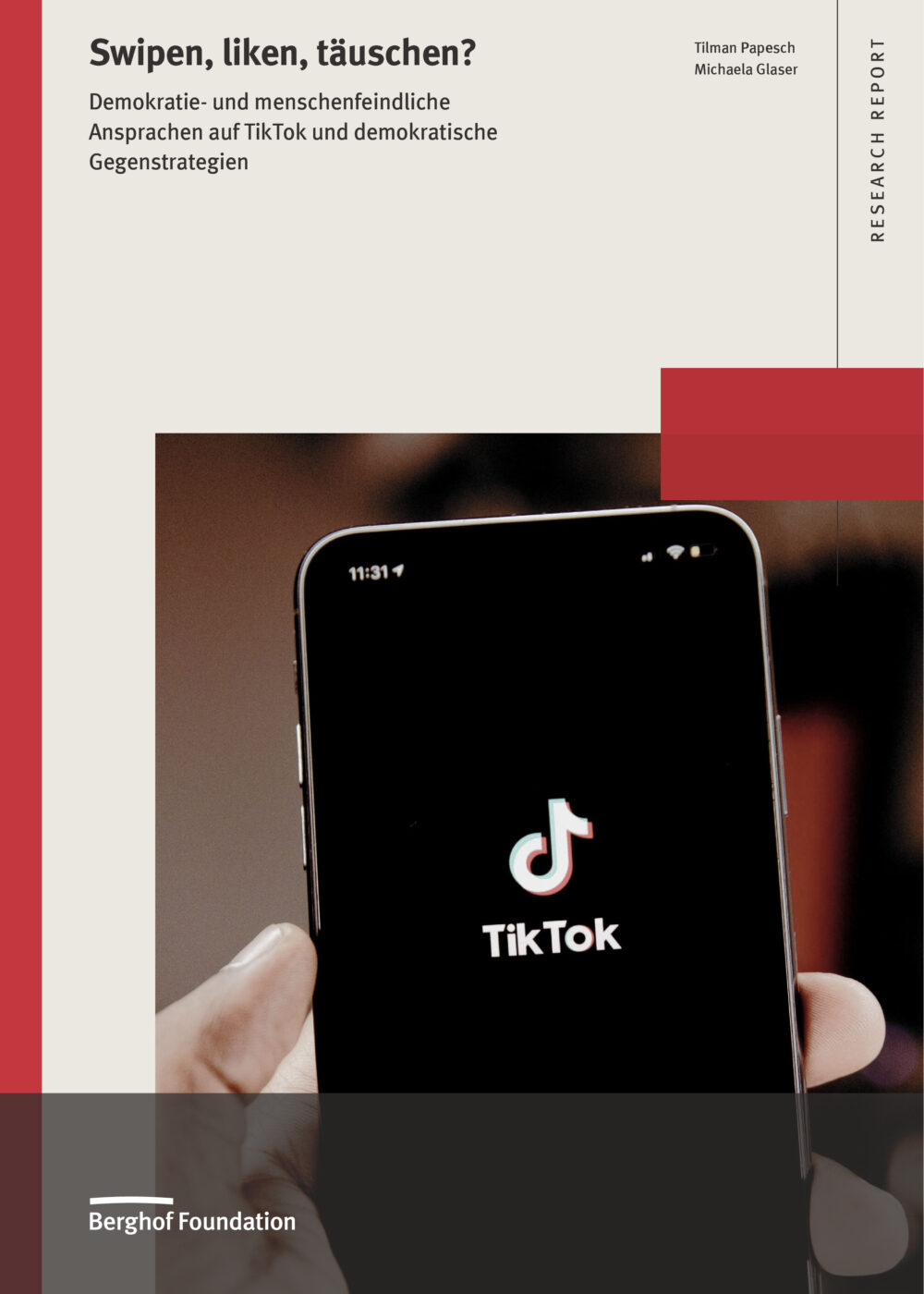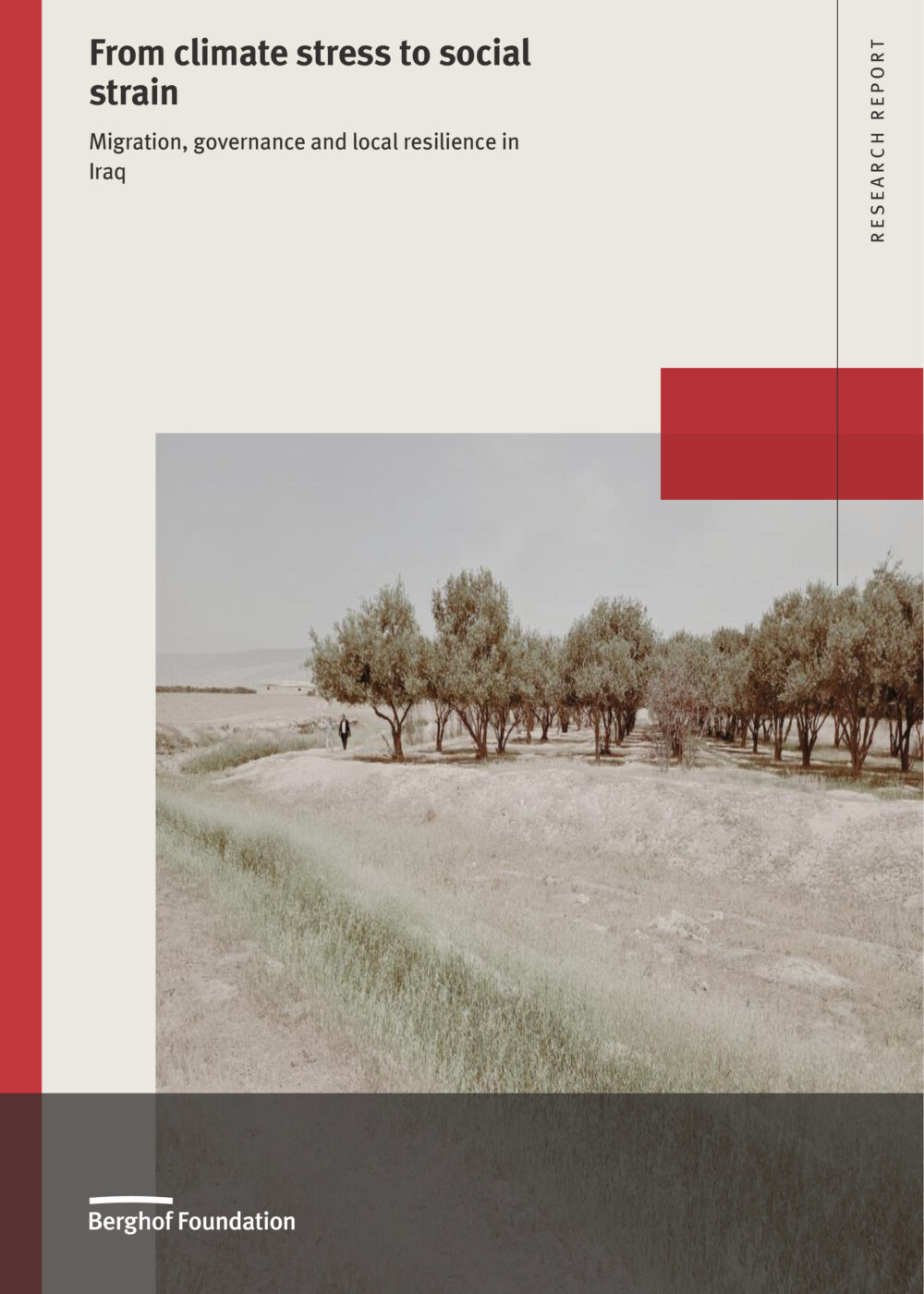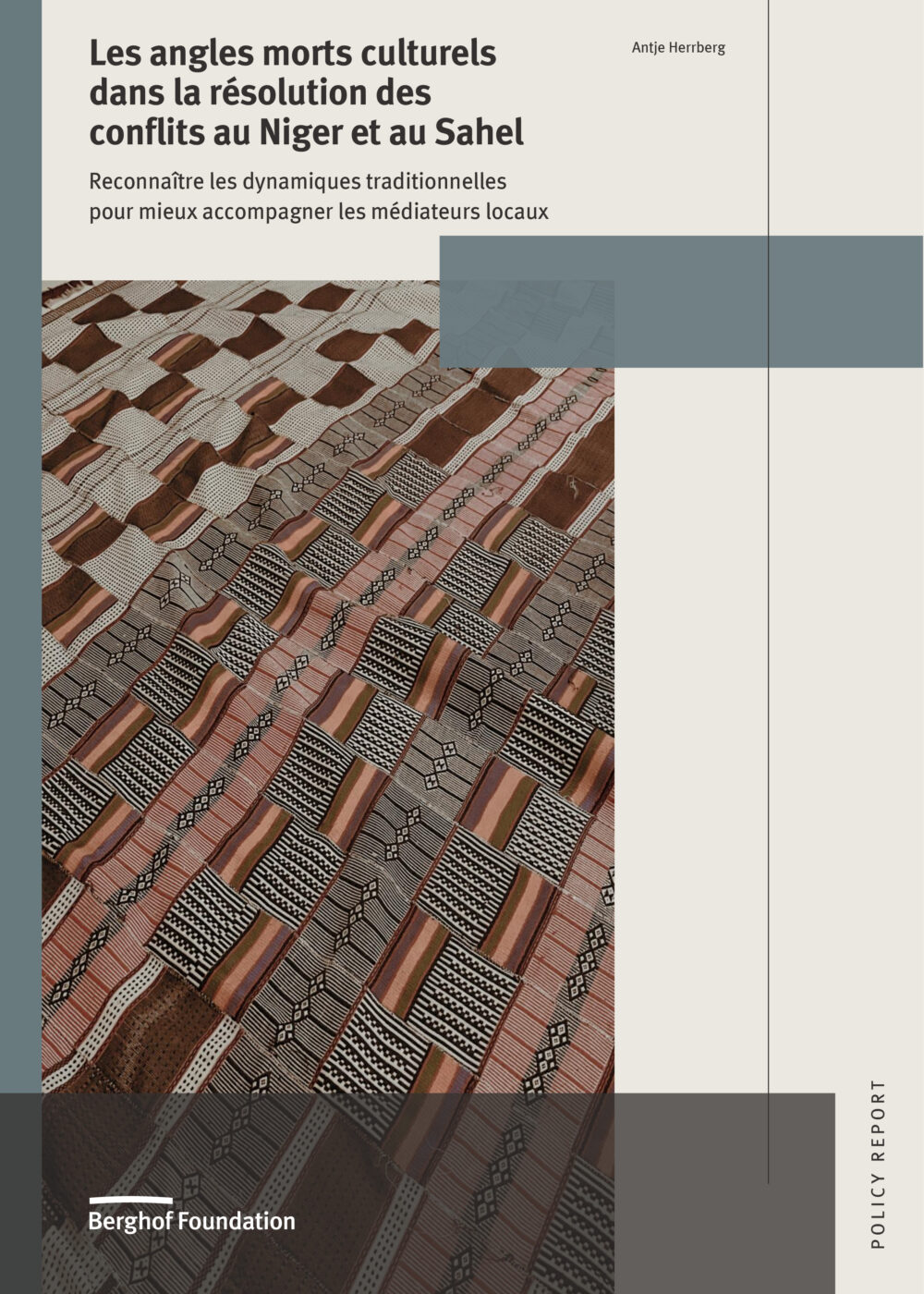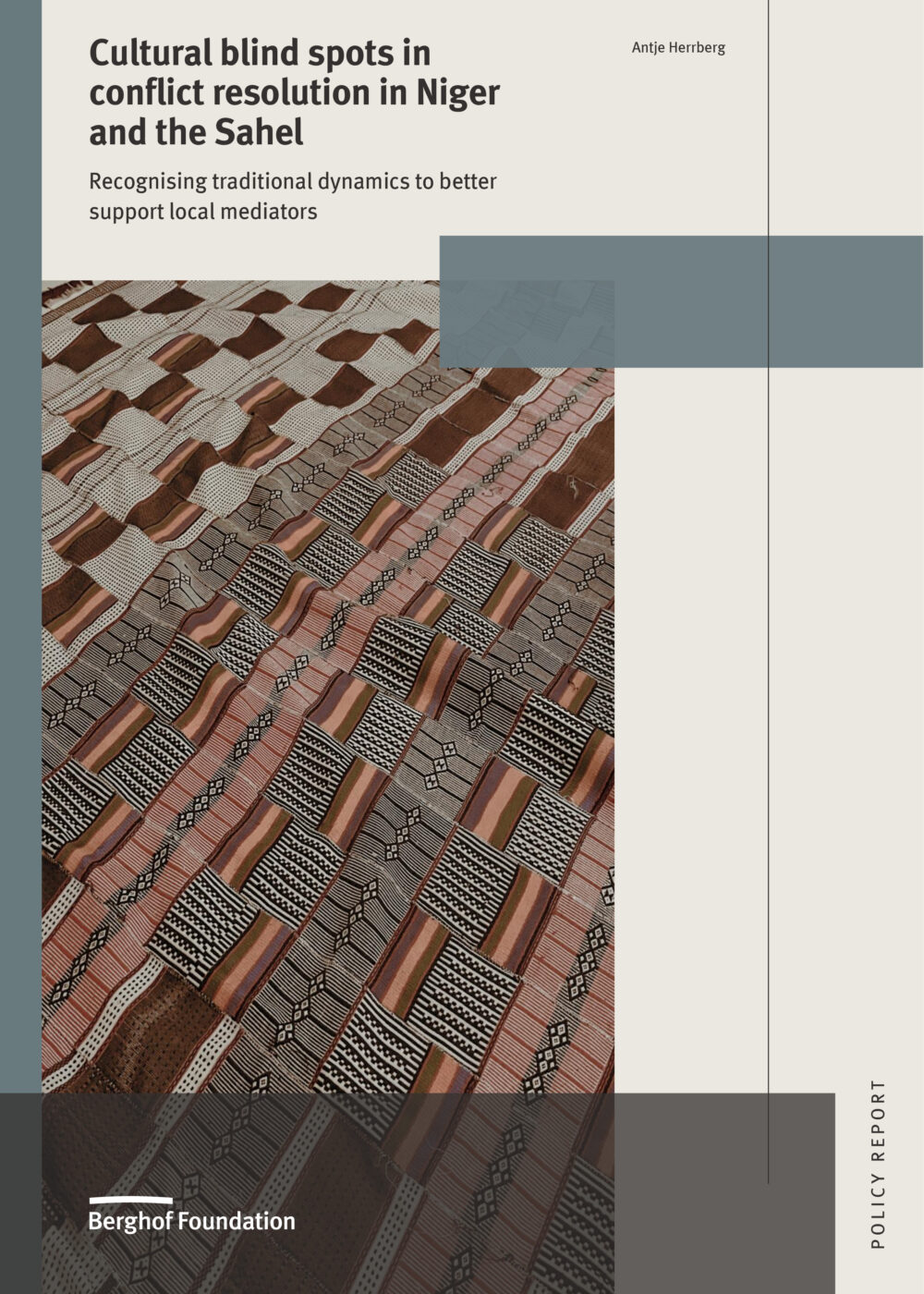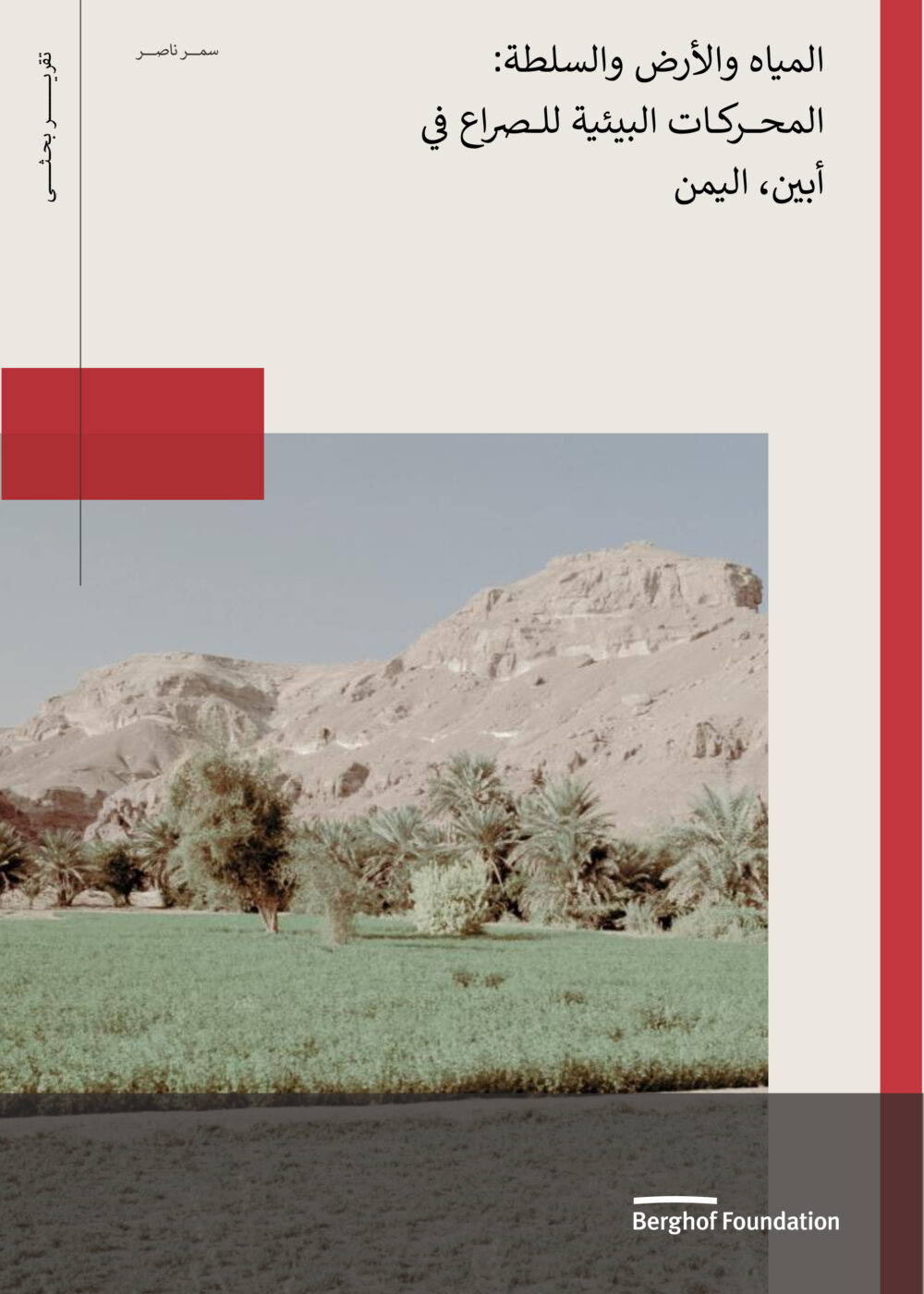31 Dec 2019
Peacemaking and Constitutional Change: Negotiating Power-sharing Arrangements and Identity Issues
The Republic of (North) Macedonia and The Ohrid Framework Agreement
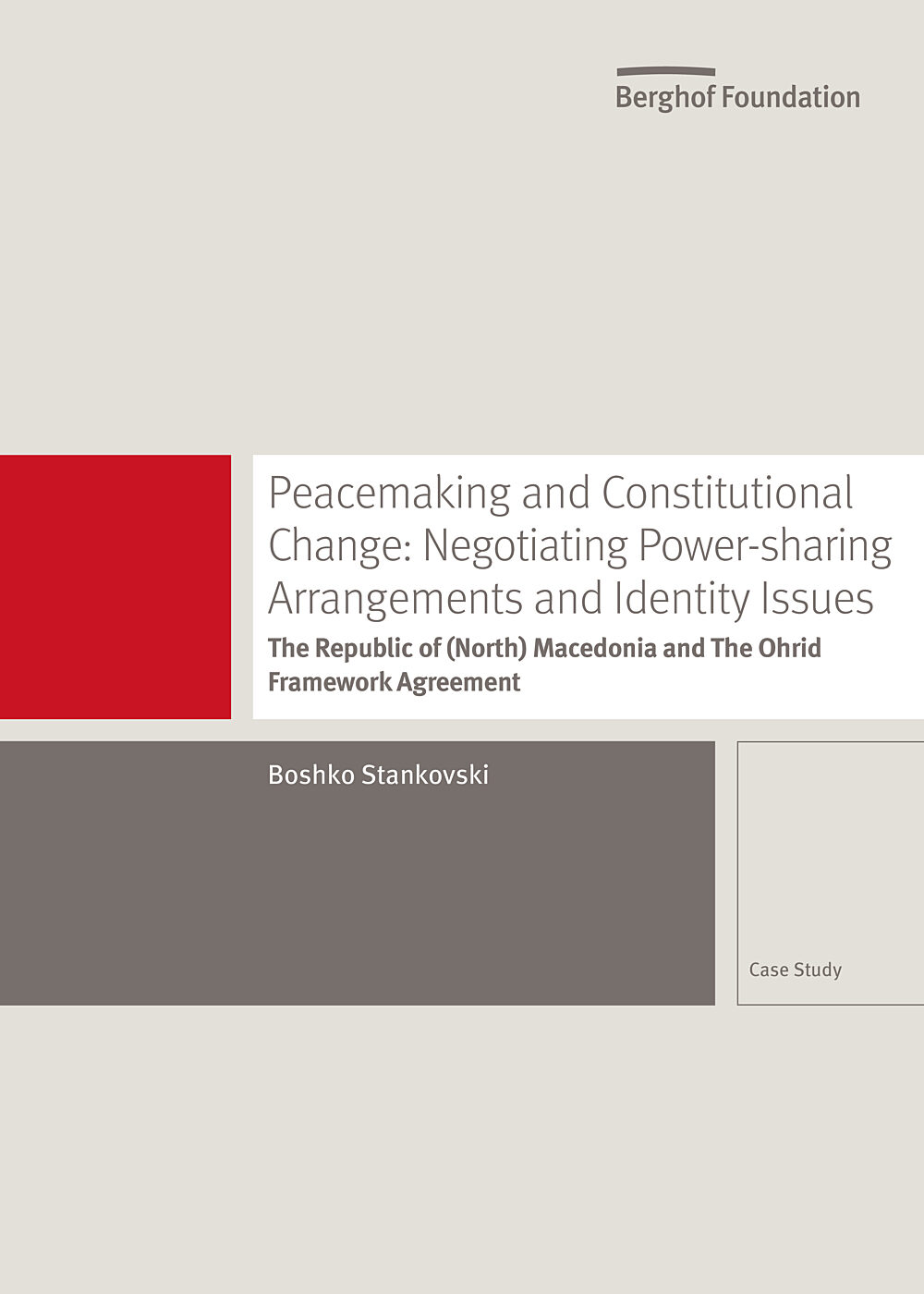
Stankovski looks at the case of the Republic of Macedonia and the Ohrid Framework Agreement (OFA) of 2001, which averted a full-blown civil war, the subsequent constitution making process, and the implementation of the constitution.
Authors
Boshko Stankovski
He sees the OFA as an important example of a peace agreement, which implements policy of multiculturalism on constitutional level and establishes a complex power-sharing mechanism between the concerned communities. The Agreement was not only brokered by the international community, but also signed by the EU and the US as its guarantors, therefore classifying the OFA as a type of a hybrid, internationalised peace agreement. Stankovski probes into some key aspects around OFA, such as the dual track approach and the interplay between the political and security component; institutionalisation of the process; role of experts in the negotiations/mediation; and issue of terminology, constructive ambiguity and interpretation of the OFA provisions.
Thanks for your interest
If you find this publication useful, please consider making a small donation. Your support enables us to keep publishing.



